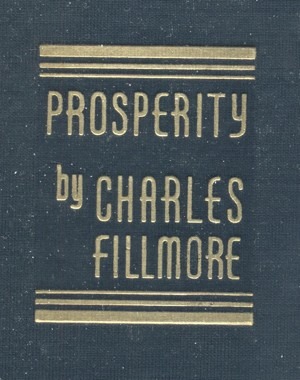About the Author
Charles Fillmore was a trailblazer in metaphysical thought, offering a bold and expansive vision of spirituality during a time when American religious life was largely confined to traditional orthodoxy. A lifelong advocate for intellectual exploration and spiritual inquiry, he remained deeply engaged with the scientific and educational developments of his day. Fillmore once wrote, “What you think today may not be the measure for your thought tomorrow,” a sentiment that reflects his evolving and open-minded approach to Truth.
Were he alive to revise this book today, it’s likely he would update the metaphors and references to better align with modern language and contemporary understanding. But the timeless essence of his message—the spiritual principles at the heart of his work—remains just as relevant now as when he first penned them.
Born on August 22, 1854, on an Indian reservation near St. Cloud, Minnesota, Charles Fillmore witnessed a remarkable sweep of American history in his 93 years of life. He was a boy of eleven when President Abraham Lincoln was assassinated and passed away in 1948 at Unity Village, Missouri, while Harry S. Truman was President.
Alongside his wife Myrtle, Charles Fillmore co-founded the Unity movement and Silent Unity, a worldwide prayer ministry that continues to serve people of all faiths through its daily devotionals and spiritual support. Together, the Fillmores established Unity School of Christianity—now simply known as Unity—which continues to share their teachings through prayer, education, and publishing, reaching millions around the globe.
Fillmore’s influence extended far beyond Unity itself. Esteemed spiritual leaders such as Dr. Norman Vincent Peale and Dr. Emmet Fox were significantly shaped by his ideas. Dr. Peale’s philosophy of positive thinking drew directly from Fillmore’s teachings, while Emmet Fox, inspired by Fillmore’s work, transitioned from engineering to become a prominent spiritual writer and lecturer.
Charles Fillmore was more than an author or theologian—he was a visionary, a practical mystic, and a spiritual leader whose legacy continues to transform lives. His contributions to spiritual thought endure not just in words but in the countless individuals who continue to live by the principles he so passionately shared.











